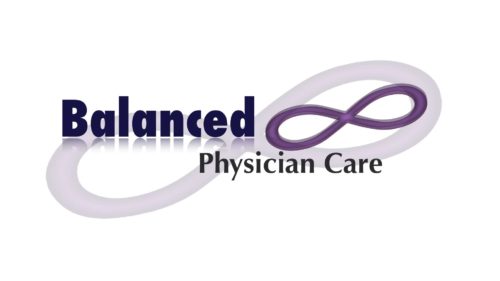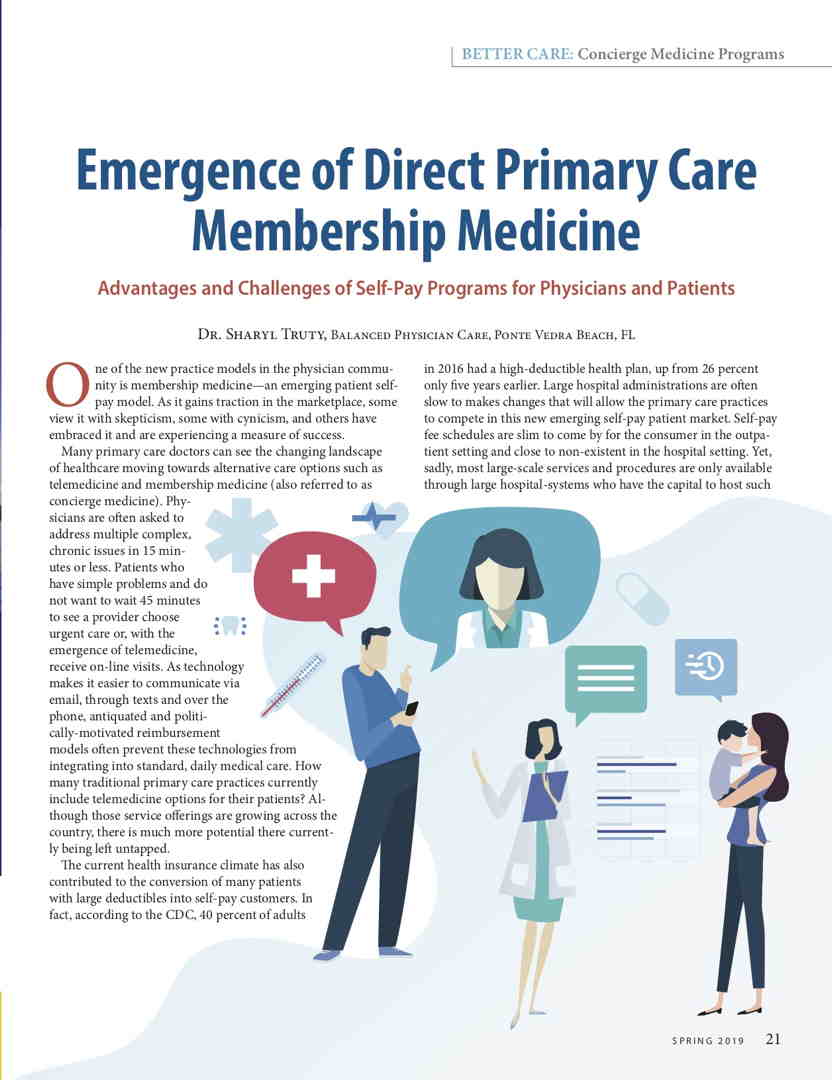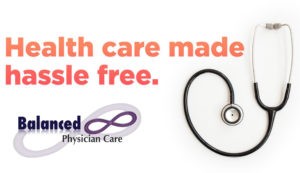Employers are often resigned to accept healthcare spending increases year after year, but via a local partnership with Texas Health Resources, Care ATC, and an innovative approach to health insurance, QuikTrip is bucking the trend.
In order to better provide for their employees and their families and save money along the way, QuikTrip processes and pays their own health insurance claims, effectively serving as their own insurance company.
There are several advantages for employers to make this move. They are able to easily access their employees claims information and design the health plan accordingly. They also have discounted direct contracts with hospital systems, including Texas Health Resources in North Texas (QuikTrip’s largest market in terms of stores), reducing costs along the way.
After connecting through a consultant, QuikTrip and THR entered a partnership to provide care. “The quality of our providers, our footprint and the size, and the results that we have demonstrated” were all factors, says THR Vice President of Strategic Growth Jay Beck.
“The ability of the employer to have better connectivity with the provider from the end user,” was essential, Beck says of the direct contract. “There has always been a wall out there.
”Using DPC means that employees are able to visit the clinic as much as they need without adding personal costs, which reduces the larger medical expenses down the line.
QuikTrip also saw the health claims side of their business as a way to keep their employees in the company as they gained more education and experience, essentially adding another industry to the business. “We have always had this mission to provide opportunities to grow and succeed,” says QuikTrip Benefits and Training Manager Brice Habeck.
The company contracts with CareATC direct primary care physicians in North Texas, and even has an onsite direct primary clinic at their headquarters in Tulsa. DPC clinics are incentivized to reduce costs while maintaining quality, as they receive a dollar amount per member per month, which moves incentives away from costly fee-for-service. They also distribute medication onsite in Tulsa at no cost to their employees. Using DPC means that employees are able to visit the clinic as much as they need without adding personal costs, which reduces the larger medical expenses down the line.
In addition to their primary care, QuikTrip utilized capitized arrangements with hospital systems for treatment that is beyond what a primary care physician can provide. This means that providers are paid a set amount for each employee for a period of time, whether the person utilizes healthcare every day or not at all. The arrangement incentives systems to manage the health in a more cost effective way, much like DPC for primary care.
What may be most surprising, is that employees at QuikTrip never see a hospital bill. The company pays all bills directly, and then employees pay the company back. Many of the bills are deducted from future paychecks in the case of larger expenses. Hospital systems have offered better discounts to QuikTrip, as they know they will get paid for the service right away, without battling insurance companies or waiting on patients to pay.
“The ability to collect prompt claims payments was very helpful,” Beck says. “As was the ability to promote our network and be the premier network in the QT member plan.”
While this all sounds ideal, the results are impressive as well. Over the past three years, employees have seen premiums go down, rather than the bending of the cost curve that most employers are hoping for. While they can’t control the cost of care, this model allows for flexibility and discounts that can help control how much the company and its employees pay for healthcare.
According to Habeck, the savings come from people getting care who are normally untreated. Annual physicals and the diagnoses that accompany them, as well as catching non-compliant employees, can reduce pricey visits to the emergency room or other hospitalizations down the line.
In addition, the company prioritizes communication with employees to make sure they are visiting the doctor frequently enough and maintaining their health.
QuikTrip keeps close tabs on their partnerships with providers and their narrow network, discussing at least quarterly how things can improve care and avoid high cost or low quality providers. Habeck sees their plan similar to what Kaiser Permanente has in California with a medical neighborhood, where you never really leave the neighborhood to keep costs down and quality high.
As self-funded employers pay more attention to their healthcare spending, Beck sees larger companies taking more of a role in the administration and payment of their claims. Amazon, Berkshire Hathaway, JP Morgan, and even the city of Fort Worth have made similar moves recently. “It allows for direct connectivity with the provider,”Beck says. “And that direct relationship is mission critical.”
For Habeck, QT’s benefits management line up with the culture of QuikTrip, which prioritizes integrity and serving its employees. Even when things aren’t perfect, the medical partners are able to take responsibility and make a change. “Every single person at the table has the confidence and humility to say I made a mistake,” he says. “It has been a huge step in accountability.”














